THE NATURE OF MORTAL MAN
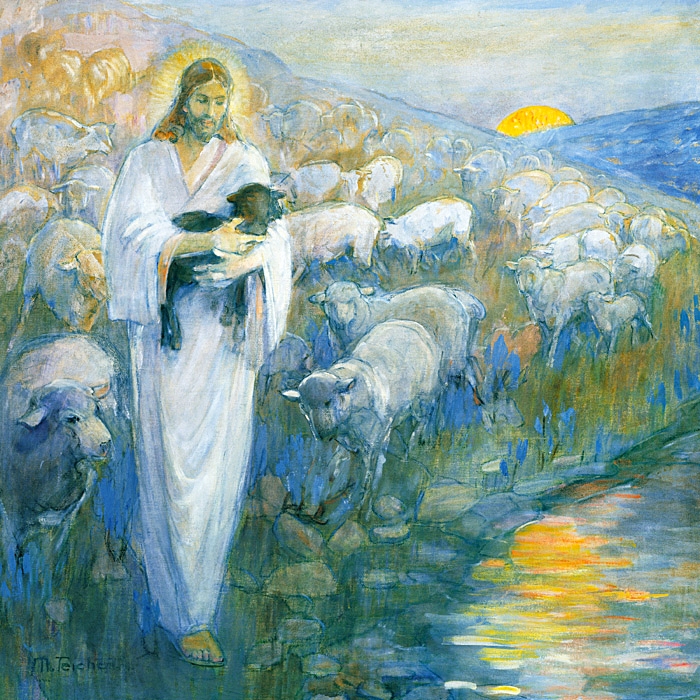 For many years, I have loved a painting by Minerva Teichert titled: “Rescue of the Lost Lamb.” Today, I would invite everyone who reads this to look at this image and make a serious effort to answer in your own heart what this painting is trying to say to you. If you were asked to describe the symbolism in this painting, what would be your interpretation? Who are all those white sheep in the background, following behind the Lord, and who is that little black lamb being carried in Jesus’ arms? Who is that black sheep?
For many years, I have loved a painting by Minerva Teichert titled: “Rescue of the Lost Lamb.” Today, I would invite everyone who reads this to look at this image and make a serious effort to answer in your own heart what this painting is trying to say to you. If you were asked to describe the symbolism in this painting, what would be your interpretation? Who are all those white sheep in the background, following behind the Lord, and who is that little black lamb being carried in Jesus’ arms? Who is that black sheep?
BROTHER OF JARED
Would you be surprised if I suggested that that little black sheep was the brother of Jared? I bet that woke you up. Listen to the words of one of the brother of Jared’s recorded prayers:
“O Lord…do not be angry with [me] because of [my] weakness before thee; for we know that thou art holy and dwellest in the heavens, and that we are unworthy before thee; because of the fall our natures have become evil continually….O Lord, thou hast smitten us because of our iniquity…nevertheless, thou hast been merciful unto us. O Lord, look upon me in pity, and turn away thine anger” (Ether 3: 2-3).
I remind you that this prayer was offered just moments before Jesus showed Himself to the brother of Jared, and then revealed to him many glorious things that have been hidden from the world ever since. And still, from what we hear in this prayer, the brother of Jared was not reveling in his own righteousness and preparedness and worthiness for such a blessing. Rather he was honestly assessing his own weakness and fallen nature. He truly thought he was that little black sheep.
LEHI
Father Lehi would tell you that he was that little black sheep. He taught his sons that he was lost and fallen and forever would be except he should rely on his Redeemer. (See 1 Nephi 10: 6.) Now I realize that Lehi said that all mankind were lost and fallen. But don’t make the mistake of thinking that Lehi meant: ‘All mankind…except for me; I’m good—I’m the prophet!’ No, Lehi honestly included himself in that lost-ness and fallen-ness. But wait, lost and fallen? The great Lehi? We’re talking about ‘Liahona’ Lehi. The ‘leave behind all your riches and property to obey the Lord’ Lehi. And yet we do know that there was a time when Lehi faltered, when visionary, prophetic Lehi buckled. It happened under the terrible strain of gnawing hunger, desert thirst, and sandy sweat and fatigue. At one point during his family’s journey across the Arabian wilderness, when no food seemed to be forthcoming, when immediate bodily relief hid in the shadows, Lehi murmured. It was just too much! Now, of you who are reading this, who can honestly say that you imagined that little black sheep to be Lehi?
NEPHI
I’m sure that Lehi was grateful that his son Nephi was there to rescue him. Yes, Nephi was faithful to the end. The great, magnificent Nephi! The “I will go and do” Nephi who never murmured, though his brothers unrepentantly beat him, and sought to kill him, and all this, while he was the instrument of their preservation.
I think that every one of us would agree that Nephi operated on a whole different level. And he received favors from the Lord for it. God filled Nephi with His consuming love. God caused Nephi’s enemies to quake before him. Nephi was given knowledge and visions in the nighttime. Angels came down from heaven and ministered unto him. He was transported by the Spirit unto exceedingly high mountains; the Father and the Son spoke to him; and his eyes were made to see the great things of God, even too great for man. Nephi was something else! Who of us could even think to look upon this remarkable man, Nephi, and call him a wretch? Preposterous, isn’t it! And yet, Nephi himself did. “O wretched man that I am” he said. (2 Nephi 4: 17) I would guess that none among you would have ever dreamed that the little black sheep was Nephi.
“I am encompassed about,” he said, “because of the temptations and the sins which do so easily beset me.” “My heart sorroweth because of my flesh; my soul grieveth because of mine iniquities.” “When I desire to rejoice, my heart groaneth because of my sins” (2 Nephi 4: 18, 17, 19). Nephi sounds like a tormented man, doesn’t he? He mourned that his own flesh was inclined to yield to sin, and give way to temptations, that the evil one might have place in his heart to destroy his peace and afflict his soul. (See 2 Nephi 4: 27.)
“Nevertheless,” he cried out, “I know in whom I have trusted” (2 Nephi 4: 19). Nephi saw himself being cradled in the arms of that loving Shepherd!
How do you and I see ourselves?
ABINADI
The prophet Abinadi knew that he was that black sheep. Unrelenting Abinadi! The ‘let yourself be captured so you can give your life for your testimony’ Abinadi. He preached that he would have been endlessly lost were it not that God Himself should come down to earth and redeem him. (See Mosiah 16: 4; 15: 1.)
ALMA Sr.
Alma Sr., who repented upon hearing Abinadi’s words, and turned his life over to God, knew that he was that little black sheep. Alma! ‘Waters of Mormon’ Alma—the man that the Young Women all over the Church quote every Sunday when they declare that they will “stand as witnesses of God at all times and in all things, and in all places” (Mosiah 18: 9). After this faith-filled Alma had become a mighty prophet and the founder of their Church, his penitent and baptized people desired that he should be their king. Nevertheless, he reminded them: “…remember the iniquity of king Noah and his priests; and I myself was caught in a snare, and did many things which were abominable in the sight of the Lord, which caused me sore repentance; Nevertheless, after much tribulation, the Lord did hear my cries and did answer my prayers, and has made me an instrument in his hands in bringing so many of you to a knowledge of his truth. Nevertheless, in this I do not glory, for I am unworthy to glory of myself” (Mosiah 23: 9-11). There’s that word again—“unworthy.” Now, please notice, this is not a false sense of humility that Alma is describing here. Like the brother of Jared, Alma truly felt unworthy before the Lord.
(to be continued…)








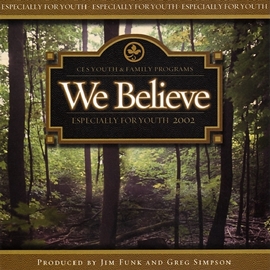

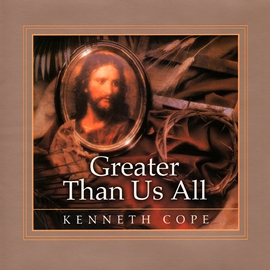

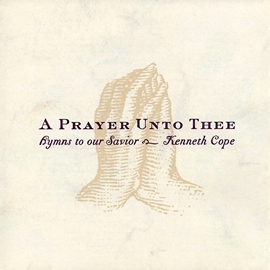


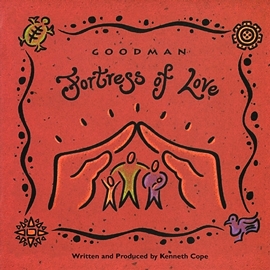

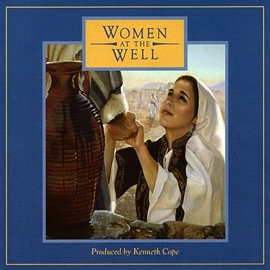
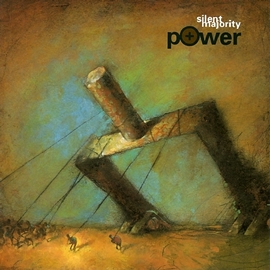

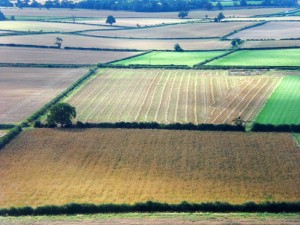










Kenneth, I enjoyed reading your blog post and no, I would have never thought of any of these prophets as being the black sheep. I’m looking forward to finishing this series. I know I’ll find some wonderful inspiration here that I need. Thanks, and hope you are doing well.
Thanks, Sharon! GREAT blessings to you! :)